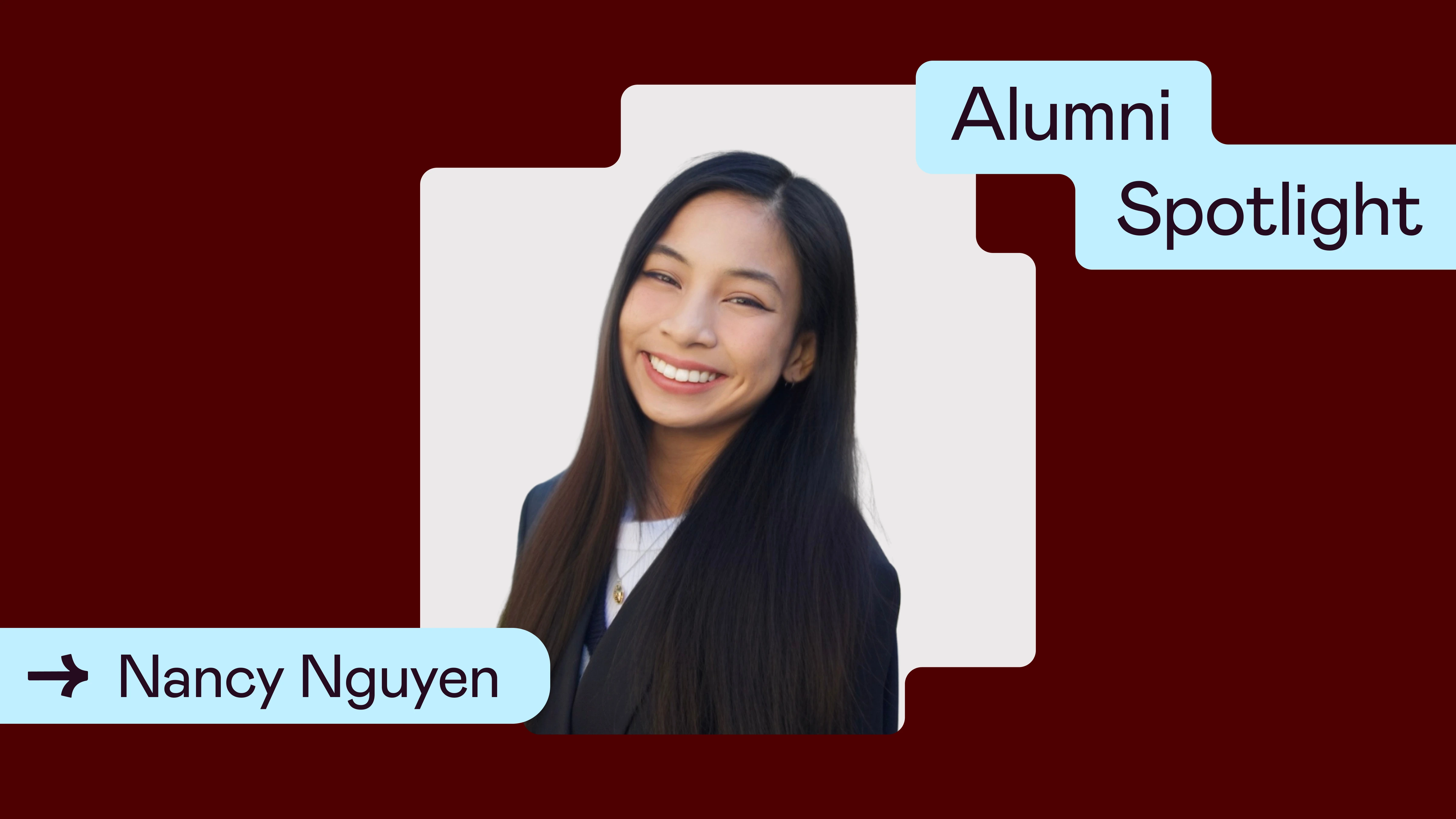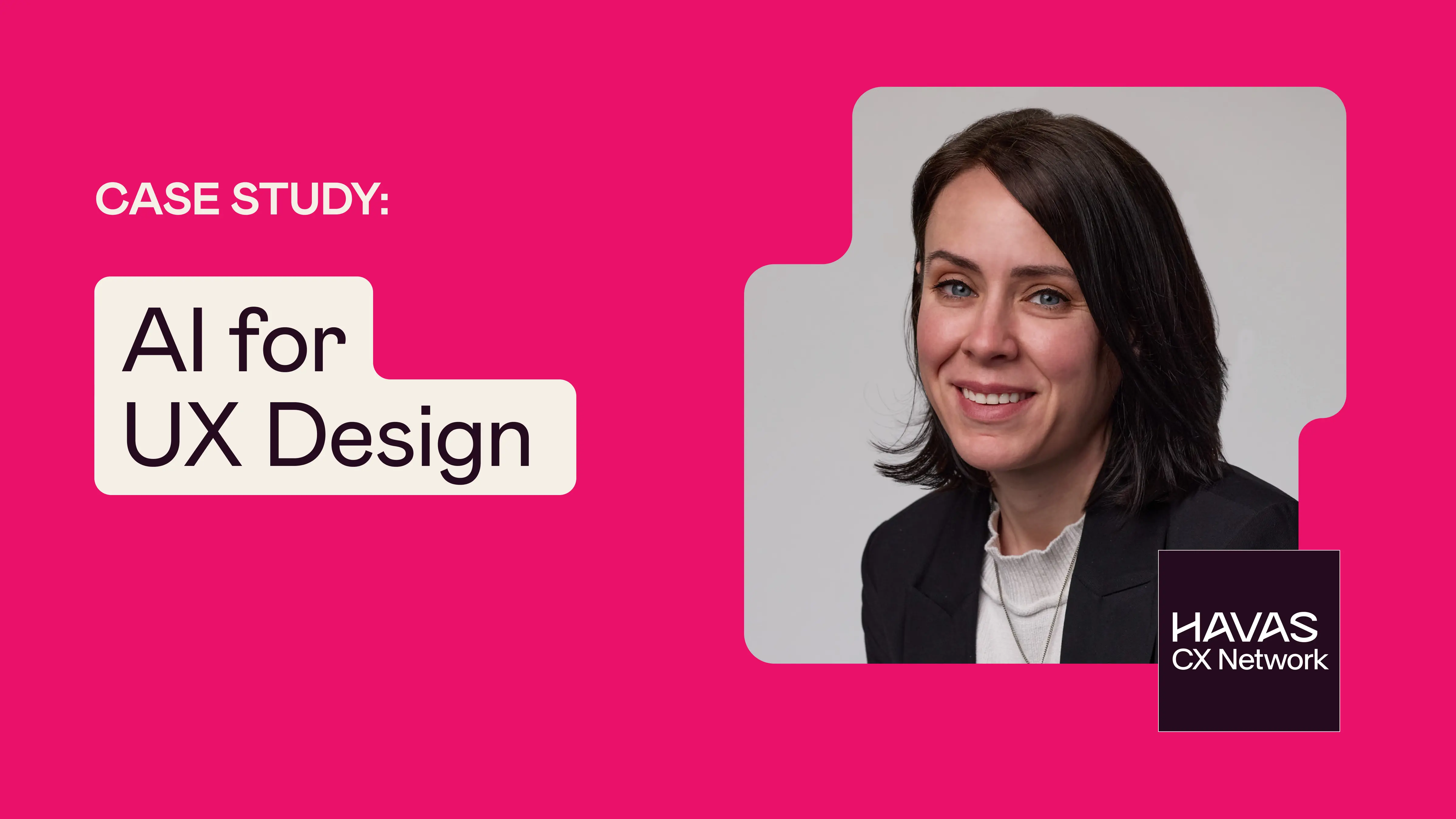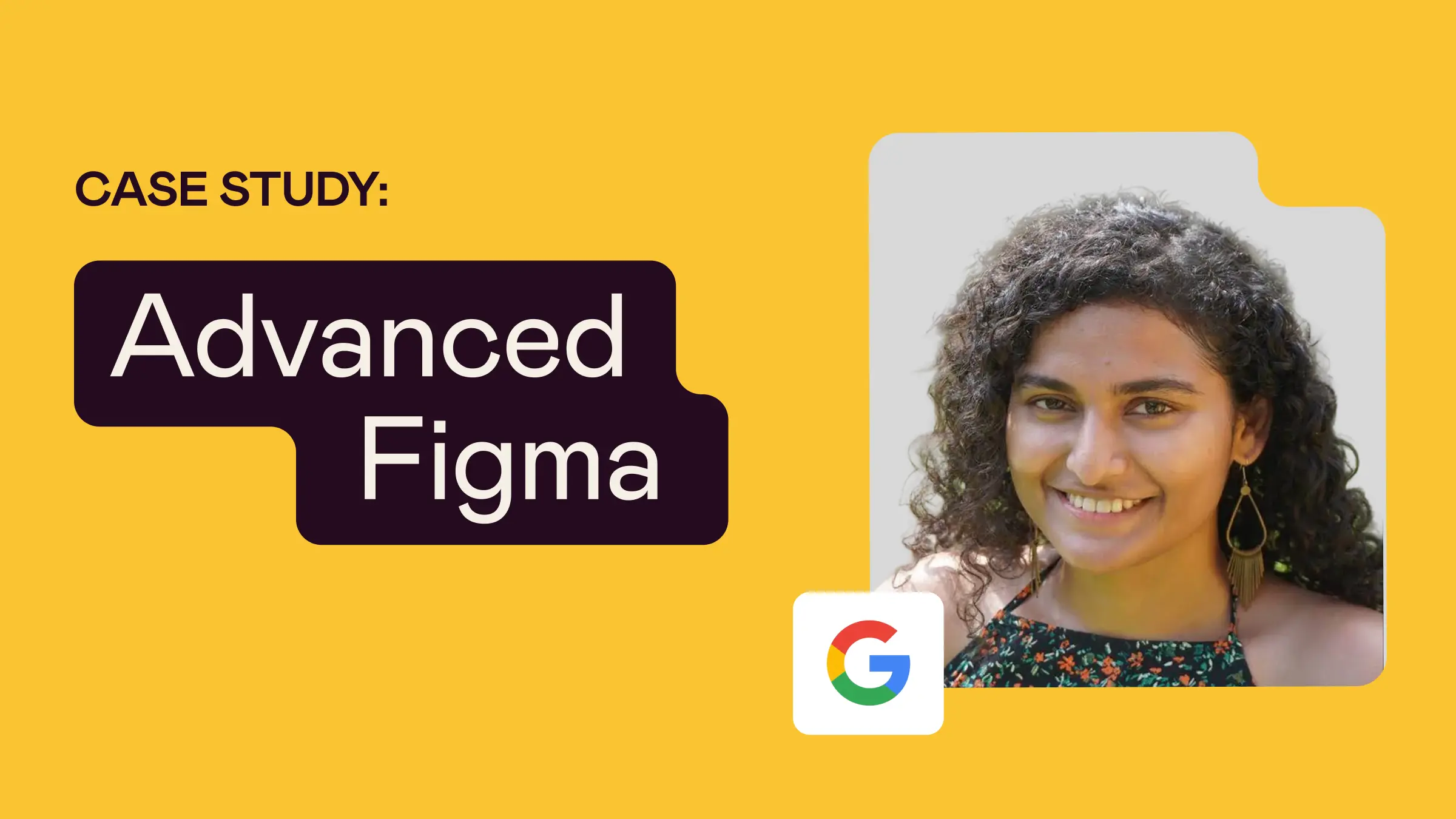Kristi Korotash transitioned from graphic to UX design after a growing demand for digital design work from her clients sparked her curiosity in the field. After graduating from UX Academy, Kristi landed a role as a Senior UX Designer at IT consultancy company CGI. We recently chatted with her about how her graphic design background informed her experience in UX Academy, what it was like navigating the current job market, and how supportive mentorship and career coaching helped keep her on track throughout the entire process.
What were you doing previous to UX Academy and what inspired you to get into UX?
I’d been working as a graphic designer for about eight years, primarily in print design. So I did a lot of packaging, branding, and logos. And then in the last few years, more of the clients I was working with wanted more digital work. As we started to do more of it, I felt like I could make things look nice, but didn’t really have the best practices of how to make things user-friendly. I started thinking it would be nice to have that knowledge, and that’s how I found out about UX design.
I looked into it and realized it really touches pretty much everything you interact with, and became fascinated with it, especially because my previous work was related in a lot of ways.
.webp)
How was your experience coming into UX Academy, particularly with having design experience?
In some ways, there are definitely benefits. I was already proficient in digital tools, and from a visual perspective for the UI elements, it's helpful to have an eye for that sort of thing. But having experience can also make you feel like you're going to be better at things or that you should be better at things that are actually brand new, so I did struggle with that sometimes.
I had to unlearn some of the things from graphic design like that.
So it gives you an advantage in some ways, but then in other ways, I could see others with no experience coming up with really novel ways of doing something because it was new to them. I think you can do equally well with or without that prior knowledge.
How about mentorship, how was your experience there?
My mentor, Patric Hadzsinicsev was fantastic. In his own career, he is quite accomplished. So I always felt confident knowing that his advice was coming from real-world experience and that his knowledge of best practices, or what’s important in design, were things I could really focus on. I felt I could really trust him.
My mentor… was fantastic. In his own career, he is quite accomplished. So I always felt confident knowing that his advice was coming from real-world experience…
On a personal level, we also got along really well. So I felt really comfortable seeking feedback and in the way that he guided me through making changes. That was particularly good for me since I can be a perfectionist. He was very supportive. Taking that leap into a new career, working with him added that layer of extra confidence.
.webp)
That’s amazing to hear! How about the community element, did you take advantage of the Group Crits?
Yes—I really, really liked them. Some of the facilitators were unbelievable. One of them, she and I actually met for virtual coffee chats a couple of times, and we’re pals now, which is nice. But generally, I found those very helpful. I work from home a lot, and I found that they really helped me come out of my shell. It’s easy to get into a cycle of not showing my work or being protective of my ideas.
They gave me that opportunity to have those casual, collaborative conversations that you don’t get at home, and to practice your vocabulary and discuss the things you’re learning. It was really valuable because otherwise, the first time you may do those things in a real setting could be in a job interview. So I loved them, they ended up being one of my favorite parts of the program.
.webp)
That’s so great to hear! How was your experience in Career Services after graduation?
Career Services was great. My career coach, Shena Mistry, was super supportive, because it was really challenging. When I finished the course, I was even sure I was going to use Career Services—I wasn’t super enthused about having to go over my resume with someone, or do mandatory assignments. But I now think if I hadn’t done Career Services, I may not have stuck with the process of looking for a job, because it was a challenge.
My career coach was great about using our time together in a way that would best suit me. It was really personalized to what I was looking for, which I loved. And when things got challenging, I had her as a resource and support to ask what I should do next, or what strategies I could employ, and she gave me a ton of tips.
When I did start getting interviews, she guided me through the process. I think I would have had so much anxiety if I didn’t have her to tell me how to approach things or position myself and my new skills. It was intimidating, and she was really great.
Where did you end up landing a job, and what are you doing now?
I work at CGI, which is an IT consulting firm, and it’s a huge global company. They're all over the world and the projects they take on are absolutely massive in scale—millions of users, often government projects or working with large companies. So the systems they create are quite big, and the learning curve is pretty steep. I actually got hired as a Senior UX designer, and am currently in the process of being assigned to my first project in the company while assisting with others in the meantime.
I’ve been working on high-level prototypes and mockups, and also redesigning existing websites for a better user experience, and then showcasing those changes to clients to demonstrate what those changes would do from a UX perspective. And the feedback I’ve gotten has been incredible. People have been really excited about it!
Do you have any advice for people looking to get into UX?
It's a really exciting skill and job to do, and there are so many different directions you can go with it. Just looking for jobs is exciting—the possibilities of what's out there, the different spaces that you can work in are so broad with UX. I feel like no matter what your interests are, if you're a UX designer, you can find a role where you can apply those skills, which is kind of unique because not every field is like that.
It can be challenging, and it may take some time to get a job—but the job will happen. It can and it will.
In terms of advice, I think it’s important to have a realistic picture of the market, because it can be challenging, and it may take some time to get a job—but the job will happen. It can and it will. The market is competitive, and I’m not sure I fully knew that when I started the course, but I still would have done what I did. So I would say don't get discouraged along the process because even if it takes a while, it’s worth it in the end.
Check out some more student stories below:
How Mara Shifted Gears from Graphic Design into UX
Erik Peets’ Journey at Apple: From Customer Service to Product Design
From Medicine to UX at Pinterest: Leveraging Existing Skills in a New Design Career



.svg)
%20(7).png)













